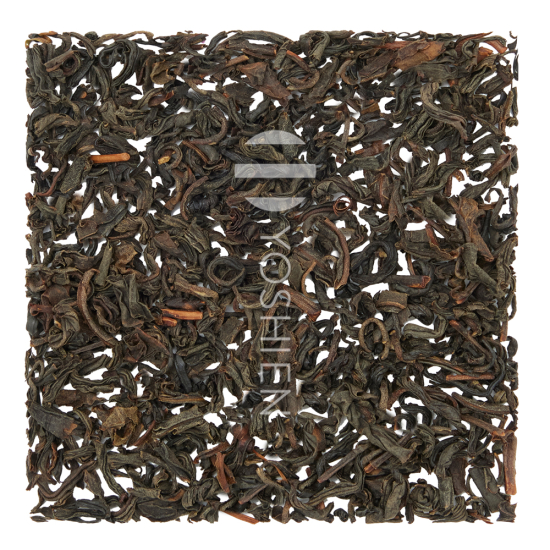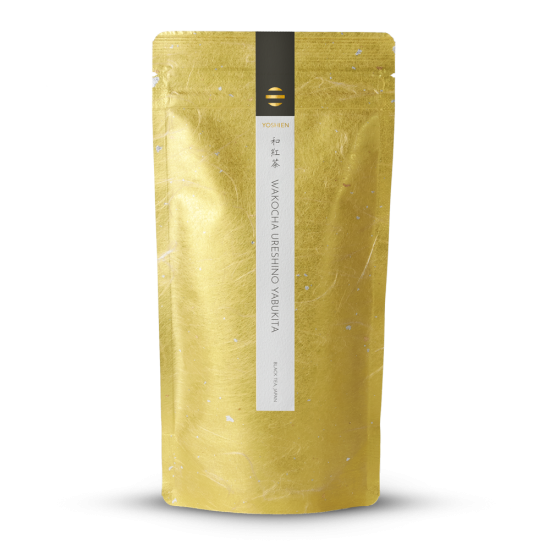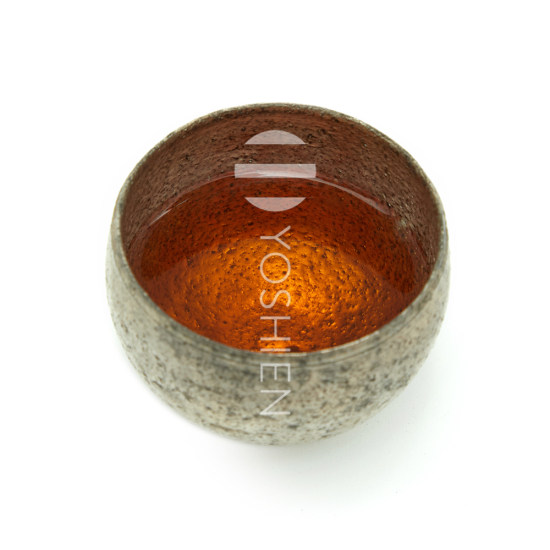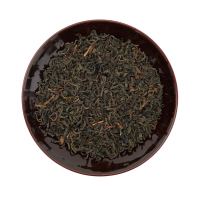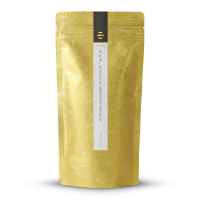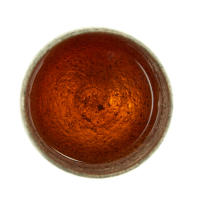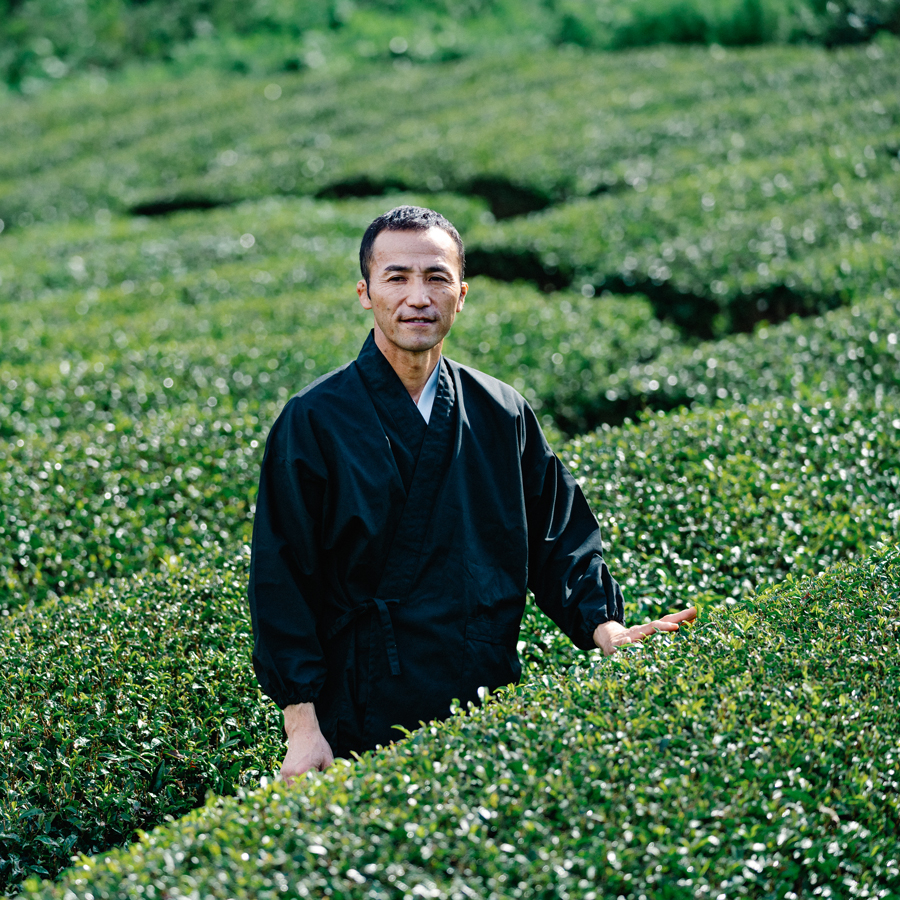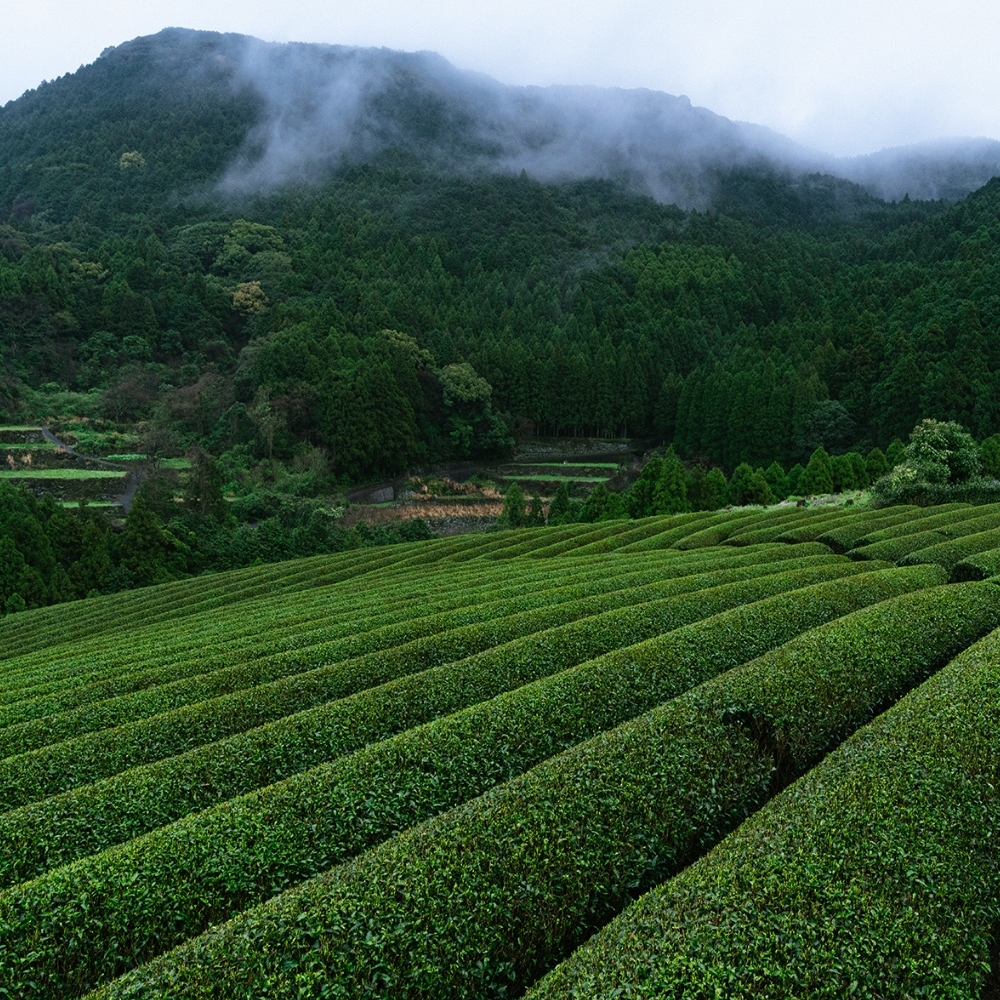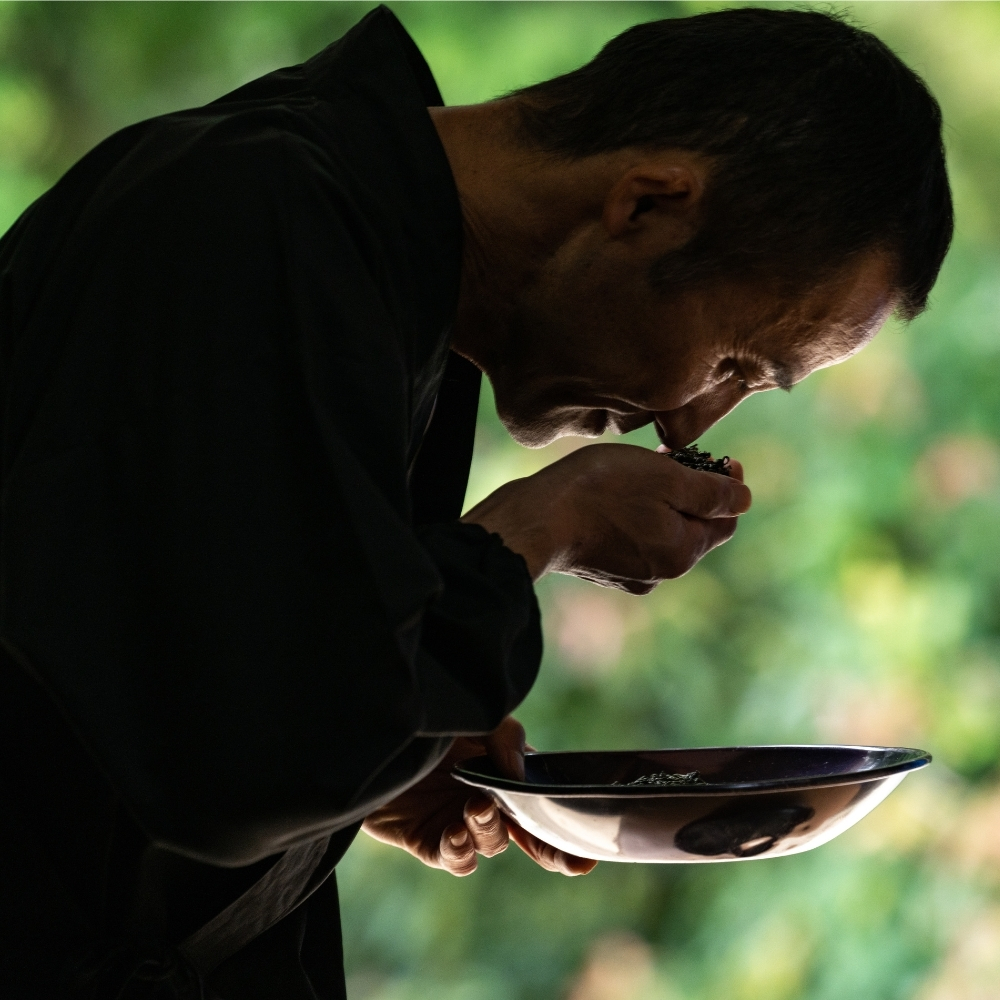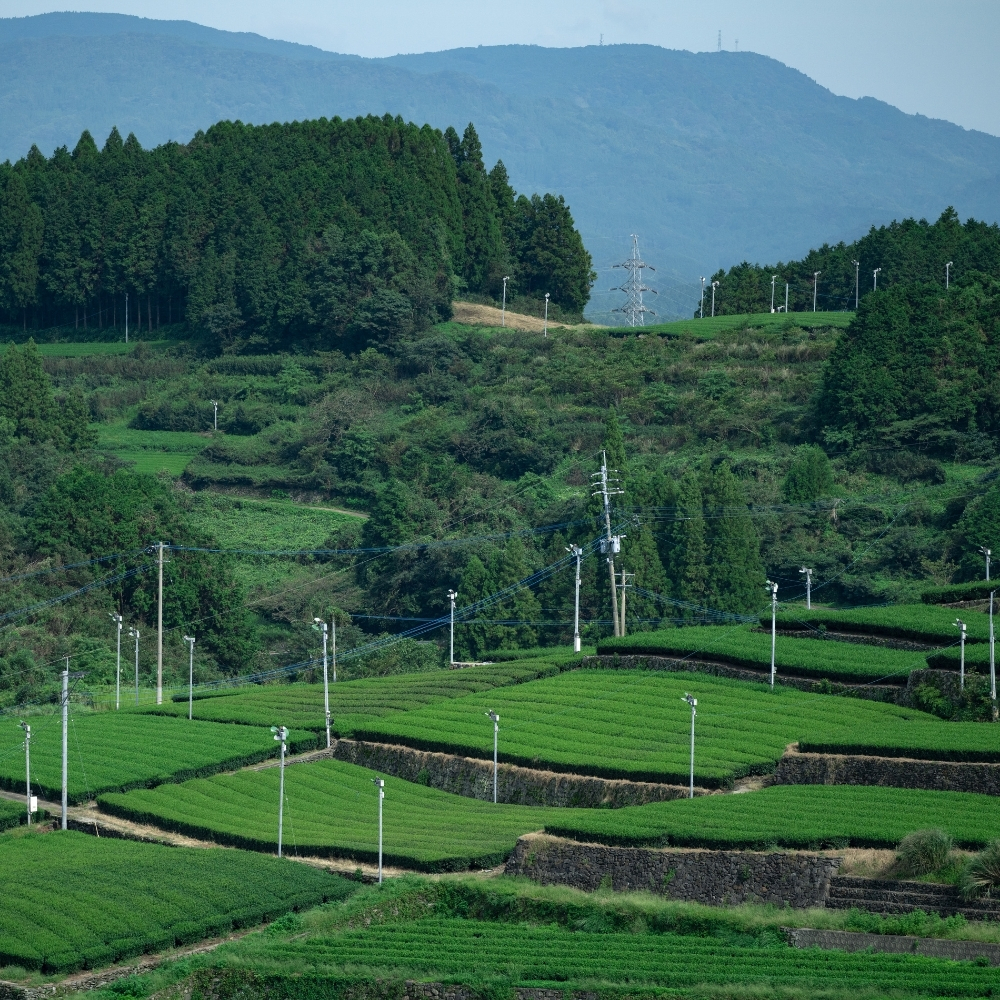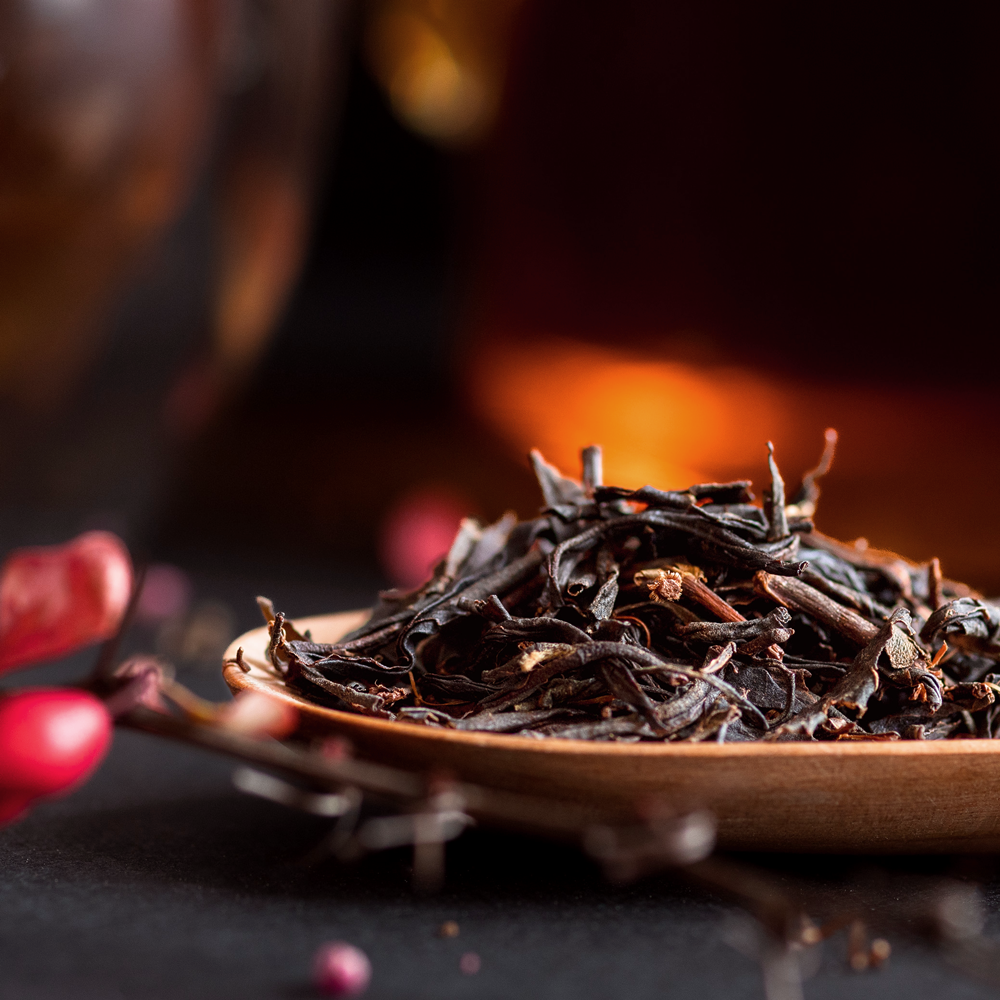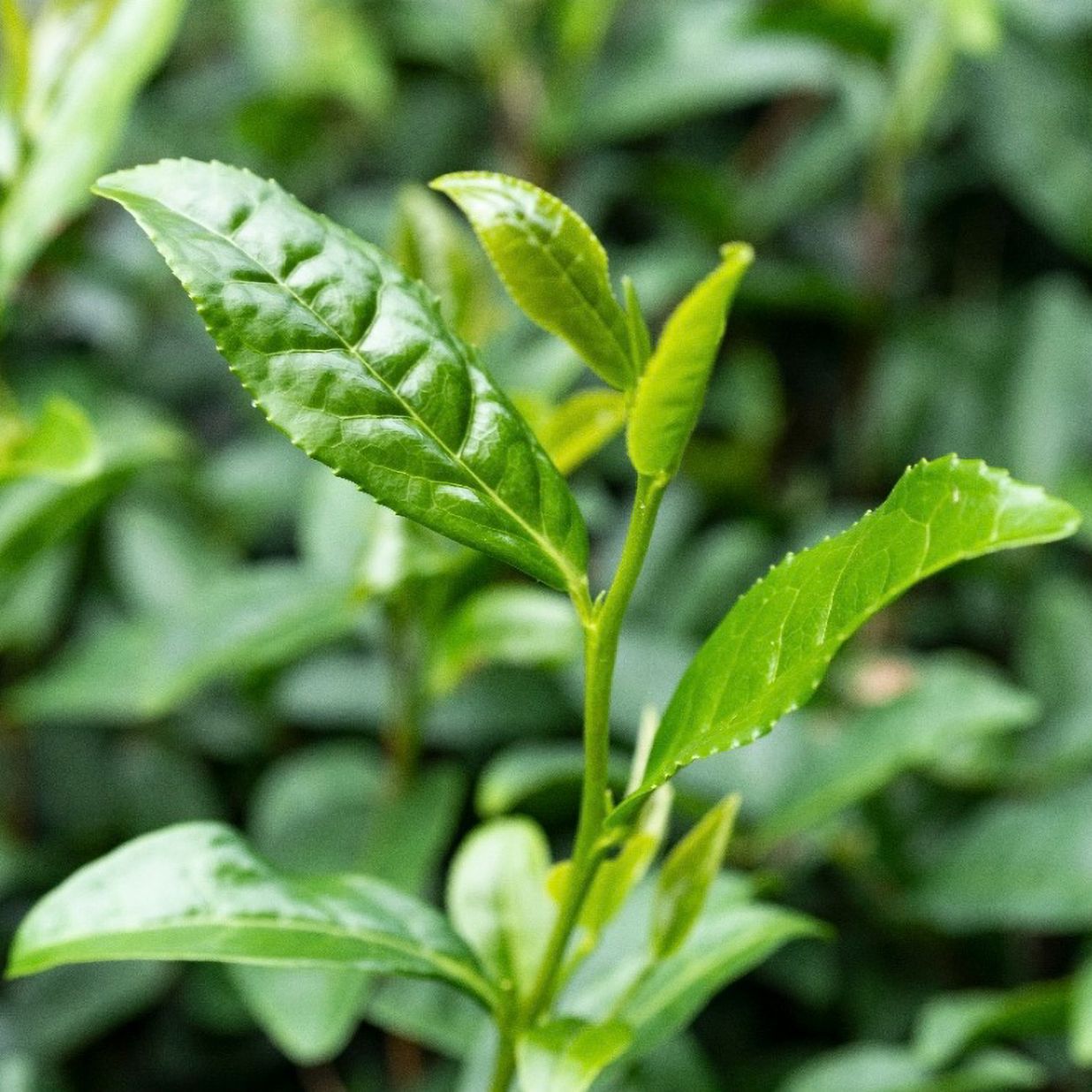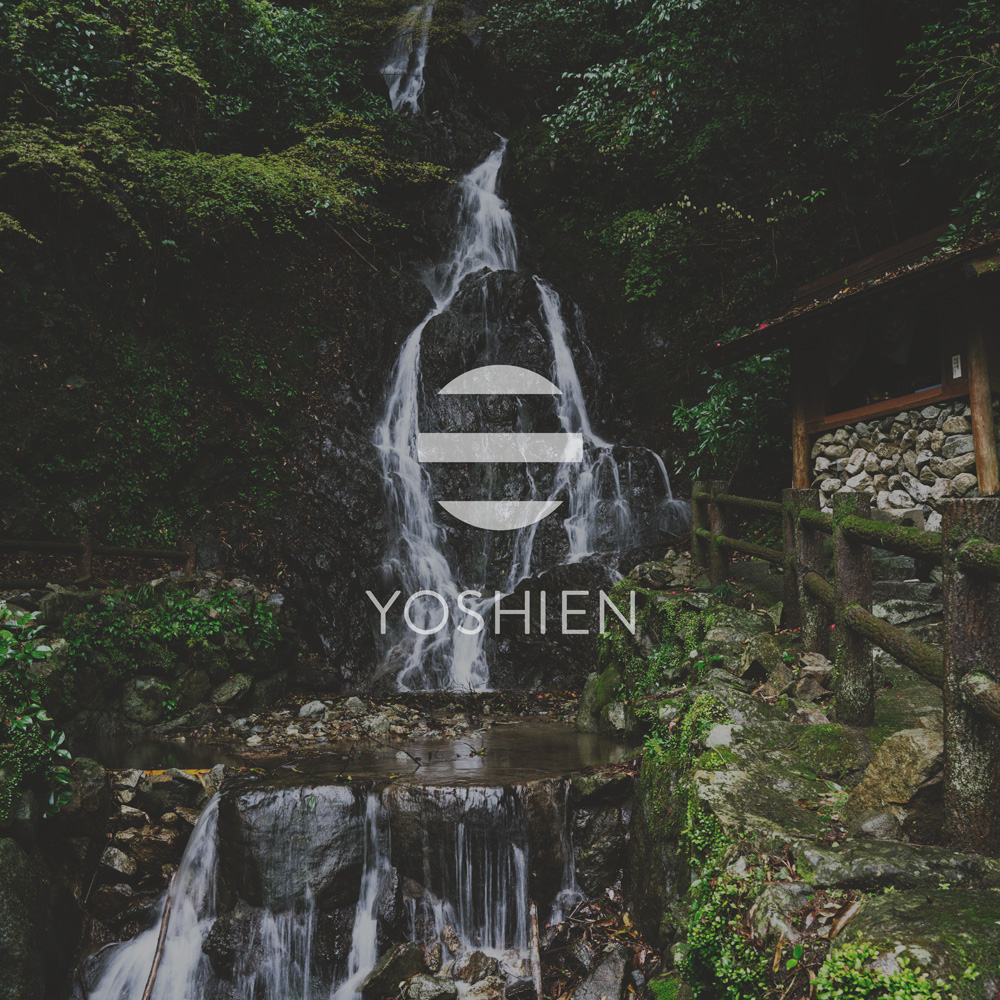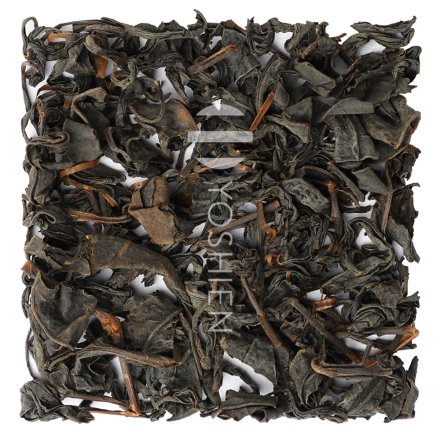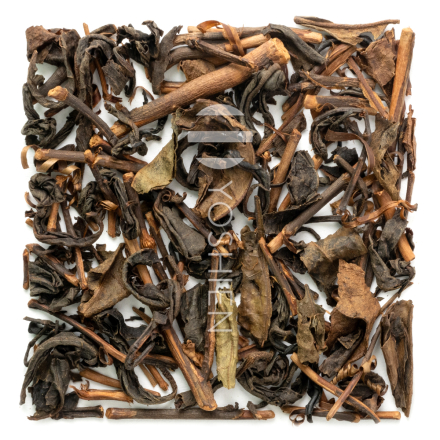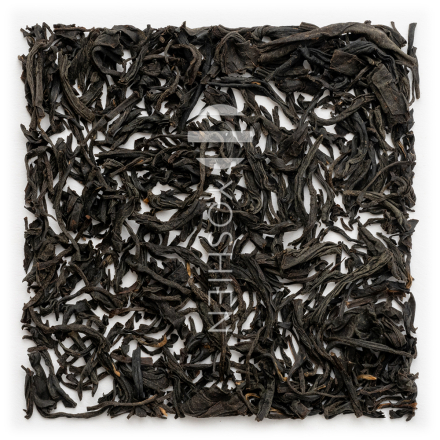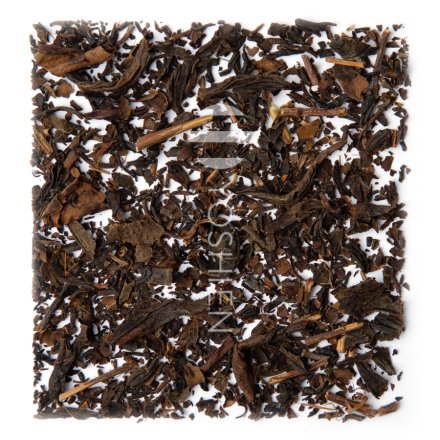3 heaped tsp (7g), 70 °C, 100–300 ml, steep for 2 minutes for a delightfully balanced infusion.
Alternatively, we recommend the classic preparation method for Wakocha at 90–95°C with a shorter steeping time of approx. 30–40 seconds.
For subsequent infusions, the temperature can then remain the same, while the steeping time should be reduced by a few seconds. We recommend up to 5 infusions for this tea.
Packaging & Storage
Packaged directly for us on site in a high quality, airtight, resealable standing zipper pouch with 9 protective layers to preserve flavour and protect against oxidation and contamination. When closing the bag, press out as much air as possible to best preserve the quality of the tea. Alternatively, and especially for longer-term storage, we recommend our stylish and airtight tea caddies.
Recommended Tea Pot
Despite its Japanese origin, we recommend using the Chinese Gongfu style for preparing this tea to bring out its particularly aromatic flavour. We recommend using either a Chinese teapot made of Yixing or Nixing clay, or alternatively, a classic Gaiwan made from taste-neutral porcelain.
An especially visually appealing choice is a glass teapot, as it allows you to watch the tea as it steeps. Another great option is a black Tokoname Kyusu.



